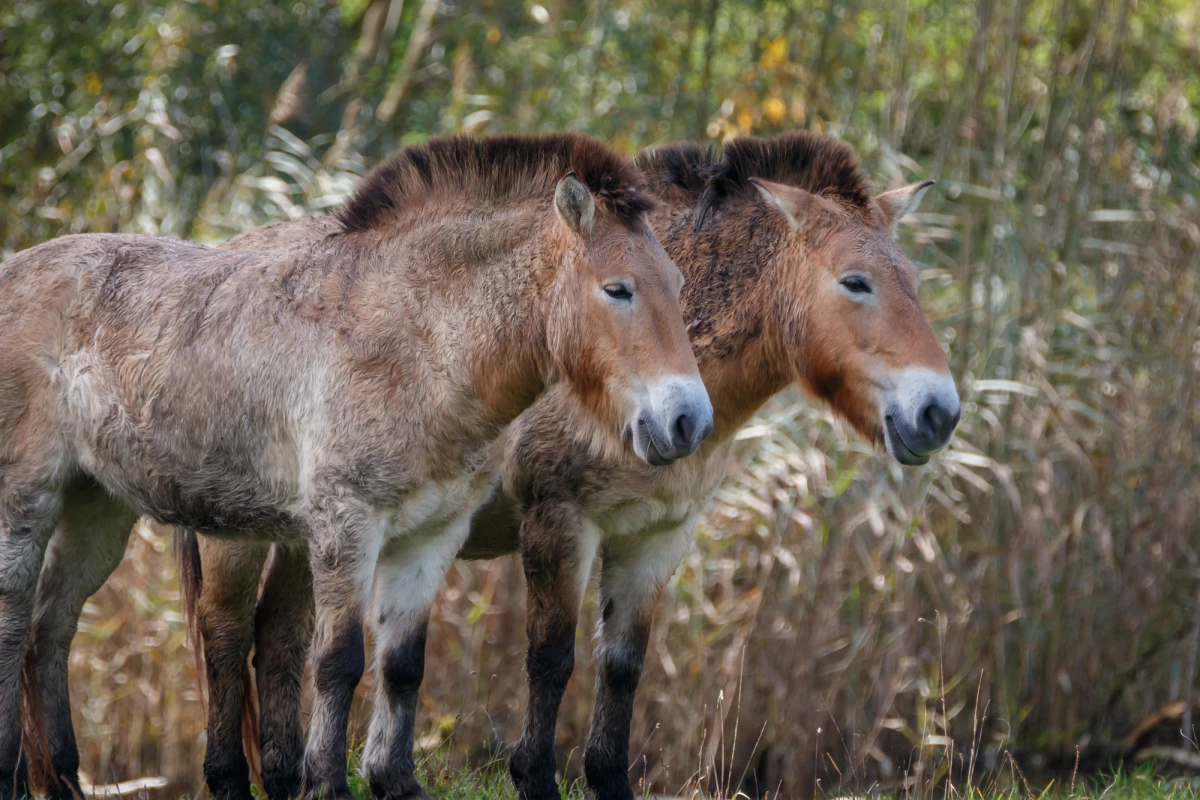The world seems to be on the brink of a sixth major extinction event, largely thanks to human activity and the consequent climate change. The (absolute) least we could do is try to prevent some of them, and now a new study has quantified just how many species we may have saved in the last few decades.
In research led by Newcastle University and BirdLife International, the team estimated that as many as 50 bird species and 23 mammals would have died out since 1993 were it not for conservation efforts. Since 10 birds and five mammals did go extinct (or were strongly suspected to have) in that time, the researchers calculate that extinction rates would have been up to 4.2 times greater without intervention.
To reach these numbers, the team started with bird and mammal species listed as threatened on the International Union for the Conservation of Nature’s (IUCN) Red List. Then they had 137 experts estimate the likelihood that these species would otherwise have gone extinct, based on each species’ population size, trends, threats faced and the conservation actions taken to protect them.
From this, the researchers estimated that between 1993 and 2020, conservation actions had prevented between 30 and 50 bird extinctions, and between nine and 23 mammal extinctions. Of those, the team says that control of other invasive species likely saved 21 birds, zoos and collections protected 20, and 19 benefitted from site protection. Of the mammals, 14 species were aided by protective legislation changes, while nine were helped by conservation in zoos and collections, and subsequent re-introductions to the wild.
Of course, any study discussing how things could have gone differently requires a lot of guesswork and “what ifs,” but there are some clear examples where conservation prevented extinction.
For instance, the Przewalski’s horse went extinct in the wild in the 1960s, and was introduced back into its natural habitat in Mongolia in the 1990s. The team says that over 760 of them are now living in the wild again.
Another was a small parrot species called the Puerto Rican amazon, the population of which shrank from over a million in the 1800s to just 13 in the 1970s. Conservation efforts over the past 15 years or so included captive breeding programs and reintroductions to the Rio Abajo State Park on Puerto Rico. Then in 2017, Hurricane Maria roared through the area, wiping out most of the original population, leaving the reintroduced animals as the primary survivors of the species.
While the study does bring some good news, it’s important to note that it’s a drop in the ocean compared to what may be coming. Studies have found that the rate of extinctions is accelerating, and may reach a tipping point by the end of the century. But on the flip side, these examples do show that intervention can work.
“We usually hear bad stories about the biodiversity crisis and there is no doubt that we are facing an unprecedented loss in biodiversity through human activity,” says Phil McGowan, a co-author of the study. “The loss of entire species can be stopped if there is sufficient will to do so. This is a call to action: showing the scale of the issue and what we can achieve if we act now to support conservation and prevent extinction.”
The research was published in the journal Conservation Letters.
Source: Colorado State University




